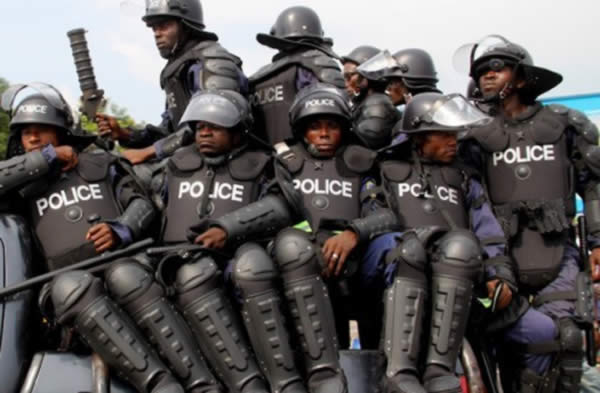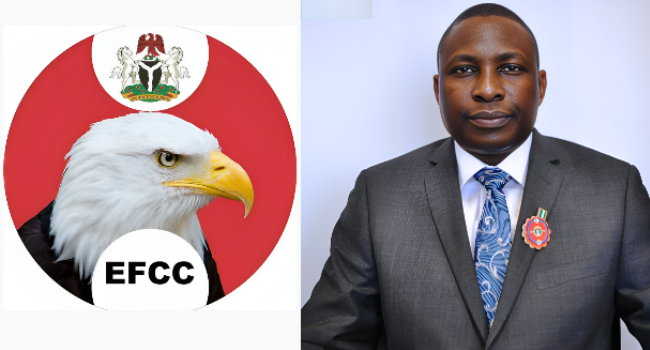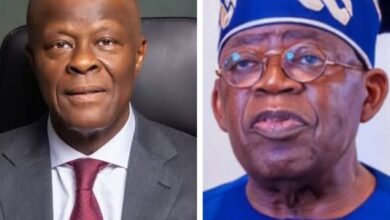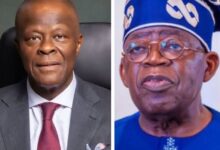THE PRICE OF COMPROMISE: How political loyalty is destroying the integrity of the Nigerian police – Part 1

By HON. ABUBAKAR MG
Rather than serve the people, the police now serve the interests of the elite. Rather than uphold justice, they enforce political agendas. This transformation has left a bitter taste in the mouths of millions of Nigerians who now view the police not as protectors, but as threats to their freedoms.
In a functioning democracy, the police serve as the backbone of justice, a force that guarantees peace, enforces laws, and protects the rights and freedoms of every citizen. The Nigeria Police Force, once conceived with this noble mission, is now a shadow of its intended purpose. The integrity of the institution has been compromised by a growing and dangerous trend—the shifting loyalty of police officers from the constitution to political powerbrokers. This betrayal has come at an enormous cost, shaking public confidence, deepening injustice, and weakening the very foundation of our democracy.

There has been a glaring transition from impartial law enforcement to politically motivated policing. What we witness today is a system where the police are no longer neutral enforcers of the law, but tools in the hands of those who wield political influence. Rather than serve the people, the police now serve the interests of the elite. Rather than uphold justice, they enforce political agendas. This transformation has left a bitter taste in the mouths of millions of Nigerians who now view the police not as protectors, but as threats to their freedoms.
Corruption within the force is no longer limited to roadside extortion or abuse of power in low-level interactions. It has taken a more sophisticated and dangerous form—becoming a strategic tool for suppressing dissent, rigging elections, silencing the opposition, and shielding the politically connected from accountability. The badge, once a symbol of honor and duty, has become a pass for lawlessness when worn in allegiance to power rather than to principle.
This crisis of integrity has been laid bare in several high-profile events in recent years. The #EndSARS protests of 2020 brought global attention to police brutality in Nigeria. Young Nigerians, tired of systemic abuse by the Special Anti-Robbery Squad (SARS), took to the streets in peaceful protest. Rather than listen to their grievances and act in good faith, the Nigerian state responded with force. Security forces, acting under political orders, unleashed violence against unarmed demonstrators. The bloodshed at the Lekki Toll Gate remains one of the most tragic and shameful moments in our democratic history. It wasn’t just a failure of policing—it was a clear example of the state using the police and military to silence its own people.
The credibility of the police force suffers further damage every election season. Reports of officers aiding in ballot box snatching, intimidating voters, and providing cover for political thugs have become the norm. In many states during the 2023 elections, the presence of police did not signify safety but fear, particularly in opposition strongholds. Rather than act as guardians of electoral integrity, the police have too often acted as enforcers of political manipulation, turning democracy into a contest of violence rather than ideas.
Equally troubling is the pattern of selective justice. Opposition politicians and activists are frequently arrested on flimsy charges or detained without trial, while known allies of those in power walk freely despite overwhelming evidence of corruption or incitement. The arrest and continued harassment of activist Omoyele Sowore for leading peaceful protests is a stark example of this injustice. Meanwhile, politicians who openly threaten violence or embezzle public funds are shielded from scrutiny simply because of their proximity to power.
This trend has devastating consequences for public trust. When citizens no longer believe that the police serve the people, they turn to self-help. Vigilante justice rises. Armed groups gain more relevance. The legitimacy of the entire justice system erodes, leading to chaos and insecurity.









